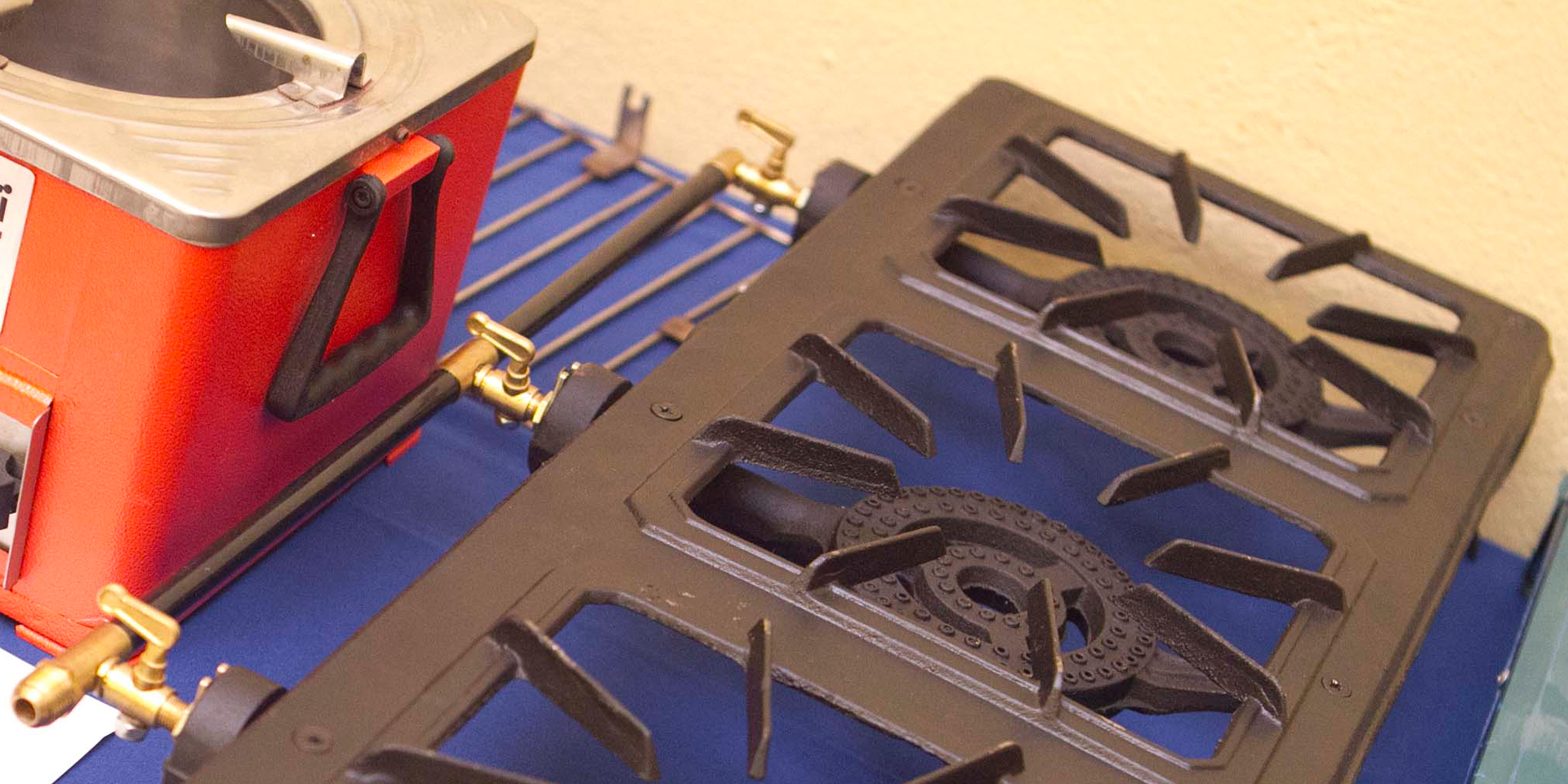Improved Cooking Technology Program
Haiti’s widespread deforestation is in large part due to the high demand and mass production of charcoal used for household energy needs, particularly for traditional cook stoves. The World Health Organization cites exposure to traditional cook stoves as one of the five most serious health risks in the developing world. To establish a sustainable market for clean, efficient, and affordable cooking solutions in Haiti, the USAID Improved Cooking Technology Program worked closely with the Haitian government and the private sector to increase supply and demand for environmentally-friendly cooking solutions. More efficient cook stoves reduce wood charcoal consumption, slow deforestation, and reduce the risk of serious respiratory illness from smoke inhalation, especially to women and children. The project focused on large charcoal consumers in Port-au-Prince, expanding the market for improved biomass cook stoves and cleaner fuels, as well as addressing regulatory issues that had limited the usage of clean fuel.




















